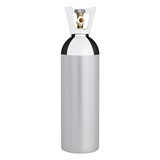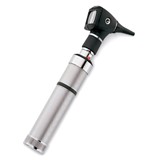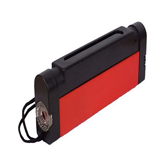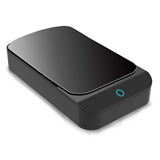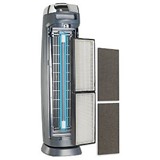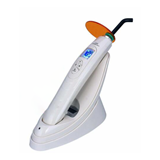The Science of UVC Light
UVC light, falling within the ultraviolet spectrum with a wavelength between 200 and 280 nanometers, possesses unique sterilization properties. Its short wavelength and high energy enable it to damage the DNA and RNA of microorganisms, including bacteria, viruses, and fungi. This disruption of genetic material renders these pathogens incapable of reproduction and leads to their inactivation.
Hospital and Clinic Disinfection
In healthcare facilities, the need for stringent infection control measures is paramount. UVC technology has become an indispensable tool in the fight against healthcare-associated infections. UVC disinfection robots and portable UVC devices are employed to sanitize patient rooms, operating theaters, medical equipment, and high-touch surfaces. By effectively deactivating pathogens on these surfaces, UVC light significantly reduces the risk of infections, ultimately enhancing patient safety.
Sterilizing Medical Equipment
The sterilization of medical equipment is a critical component of healthcare. UVC light is extensively used in the sterilization of surgical instruments, endoscopes, and other medical devices. This non-chemical, eco-friendly method ensures the complete eradication of microorganisms, guaranteeing the safety and effectiveness of medical procedures.
Airborne Pathogen Control
UVC technology is also applied to control airborne pathogens within healthcare settings. UVC lamps integrated into HVAC systems can effectively sanitize the air, preventing the circulation of harmful microorganisms. This is especially crucial in hospitals, where the risk of airborne infections can be a significant concern.
Laboratory and Research Facilities
In research and diagnostic laboratories, maintaining a sterile environment is imperative. UVC light is utilized for decontaminating biosafety cabinets, laboratory equipment, and workspaces. This ensures the integrity of experiments, tests, and the safety of laboratory personnel.
Emerging UVC Innovations
As the demand for UVC solutions in healthcare continues to grow, so does innovation. Researchers are exploring new ways to harness UVC technology for more efficient and targeted disinfection. This includes the development of UVC systems that can be integrated into medical equipment and the exploration of UVC-emitting materials for self-disinfecting surfaces.
Conclusion
UVC light has emerged as a transformative tool in medical applications, providing a safe and effective means of sterilization and disinfection. Its ability to inactivate microorganisms on surfaces, in the air, and on medical equipment is revolutionizing infection control practices in hospitals, clinics, and laboratories. As UVC technology continues to advance, the healthcare industry can look forward to even more innovative applications that will further enhance patient safety and the quality of care provided.






